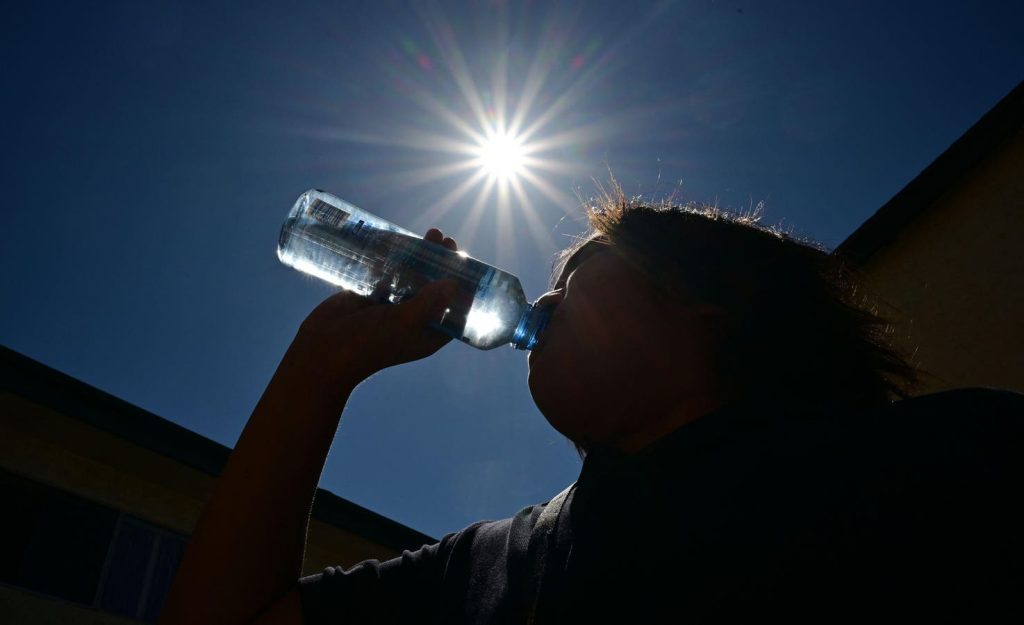A new study conducted by urban heat experts Altostratus Inc has revealed the significant impact of the GAF Cool Community Project in reducing ambient air temperatures in a 10-square block area in Los Angeles. The project involved applying GAF’s solar reflective coatings to over 1 million square feet of asphalt surfaces, including streets, playgrounds, and parking lots. Data collected over 12 months showed reductions in ambient air temperatures of up to 2.1°F during sunny days, 0.5°F during warm summer nights, and 3.5°F during extreme heat events. The study also found that the reflective coatings contributed to slower warming before noon and faster cooling after noon, leading to a 25-50% reduction in the urban heat island effect.
Lead researcher Dr. Haider Taha noted that the cool pavement coverings had multiple benefits, cooling both the surface and ambient air temperature. Pedestrians in Pacoima reported feeling cooler, highlighting the positive impact of the pavement coatings on the community. Executive director of Climate Resolve, Jonathan Parfrey, emphasized the importance of the study in showcasing the viability of pavement coatings as a solution for climate change adaptation and mitigation. Anecdotal feedback from the local community further demonstrated the positive effects, with street vendors able to work later in the day and playground users experiencing less heat through their shoes.
Jeff Terry, vice president of sustainability at GAF, emphasized that while there is no one-size-fits-all solution to climate change, local interventions such as cool pavement technology can help address issues like urban heat islands. GAF is now working to bring cool roof technology into homes in Pacoima, further reducing heat at a household level. The company is also collaborating with other municipalities across the country to share their learnings and support climate change adaptation and mitigation efforts. By working closely with stakeholders across sectors, GAF aims to develop holistic strategies that address the complex connection between urban development, climate change, and community well-being.
The success of the GAF Cool Community Project provides a promising model for other cities looking to combat the urban heat island effect and mitigate the impacts of climate change at a local level. By implementing cool pavement coatings and other innovative solutions, communities can reduce ambient air temperatures, improve quality of life for residents, and contribute to global efforts to address climate change. The study in Pacoima serves as a valuable example of how collaboration between researchers, companies, non-profits, and local communities can lead to effective solutions for the challenges posed by rising temperatures and urban development. As the threat of climate change continues to grow, initiatives like the GAF project offer hope for a more sustainable and resilient future for cities around the world.


